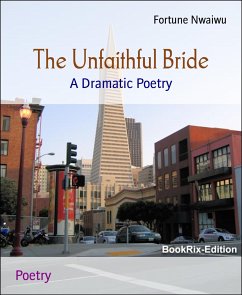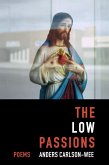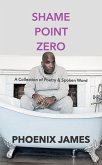In order to ensure that readers experience a similar bewitchment, however, and as customary practice for poetry collections, a grounding explanation in the form of the preface should be excised so that readers are permitted the freedom to form their own interpretations and reactions to the writing and what it seeks to convey. This content is not without value, though, as you might choose to incorporate it into your eventual marketing and promotion of the book. Ultimately, such a guiding opening detracts from the natural progression of the poems and readers' considerations of them.When the pastor asks, "But how long must I continue to repair you?" the question's directness is likely to strike readers as a plea; and in this plea, they are sure to perceive emotional depth. The contrast between bride and bike is recognized, but the interior comparison should also be recognized in what's imperceptible-the pastor's disappointment in his choice of bride and possibly his personal guilt for being responsible for this choice-and revealed in what isn't said or how it's voiced. As an example:
How long will you continue to disgrace me,
O thou old, rugged KYMCO?
The first line is sure to evoke feelings about the pastor's circumstances, the language compelling yet clear and concise, but the "O thou old" that follows may be perceived as establishing a wall; where in the first line there was intimacy and a spirit of connection, in the second there is formality and even ego.
~ Dr. Mark Weinstein, UK. ~
Dieser Download kann aus rechtlichen Gründen nur mit Rechnungsadresse in A, B, CY, D, DK, EW, E, FIN, F, GR, IRL, I, L, M, NL, P, S, SLO, SK ausgeliefert werden.









